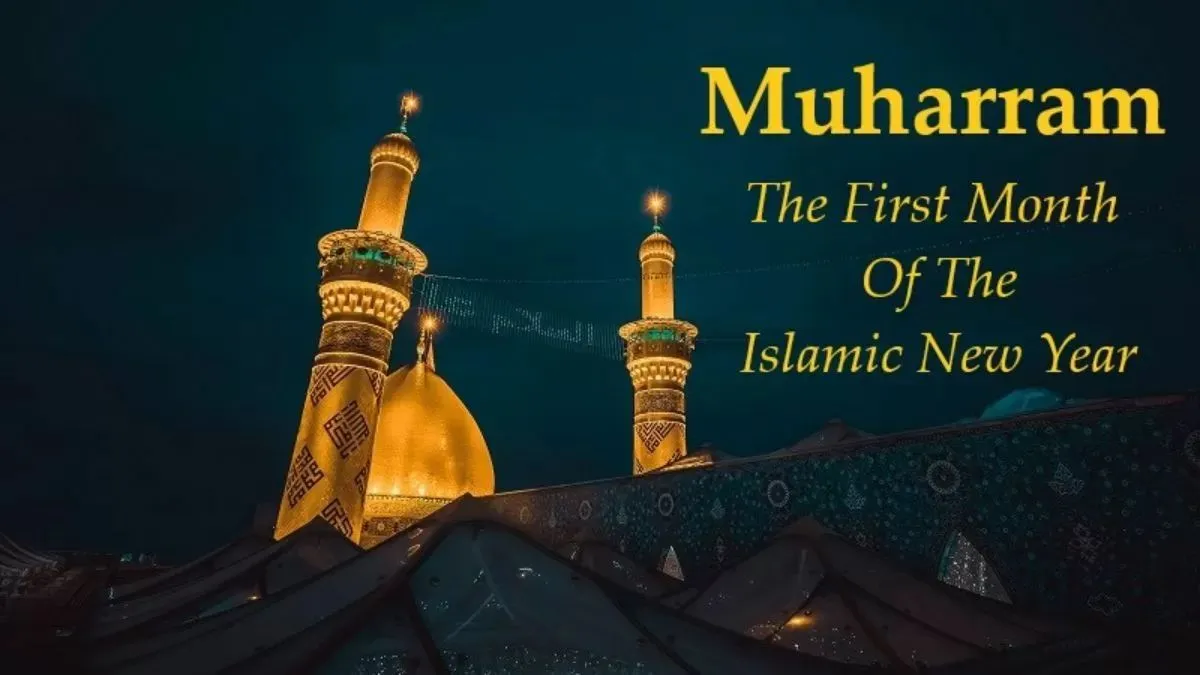- By Imran Zafar
- Sat, 06 Jul 2024 09:45 PM (IST)
- Source:JND
Islamic New Year 2024 will commence on July 8 in most parts of India. The Shia Markazi Chand Committee in Lucknow made an announcement on Saturday evening after failing to sight the moon on July 6. Similar assertions were also made by leading clerics and organisations in different parts of the country.
The Islamic New Year, known as Al Hijri or the Arabic New Year, starts with the month of Muharram, which is declared upon the sighting of the new moon. As the Islamic calendar is based on the lunar cycle, the dates of Muharram vary each year in the Gregorian calendar.
Typically, countries in South Asia, including India, Pakistan, Bangladesh, Singapore, Indonesia, and Malaysia, observe the crescent moon a day later than Saudi Arabia, UAE, Oman, and other Gulf countries, as well as the USA, UK, and Canada.
Muharram Significance
Muharram, the first month of the Islamic lunar calendar, holds profound historical significance for Muslims worldwide. It is a time of reflection, remembrance and mourning for the martyrdom of Imam Hussain, the grandson of Prophet Muhammad, who was killed in Karbala, Iraq, in 680 AD. This period is observed by both Shia and Sunni Muslims remembering the sacrifice made by Prophet Muhammad’s household to uphold the humanitarian principles.
ALSO READ: Prashant Kishor Urges Muslims To Join Forces With THESE Four Kinds Of Hindus To Defeat BJP
Muharram Rituals
Throughout Muharram, various rituals and traditions are observed. One of the key practices is the Majlis, or mourning gatherings, held in mosques, imambargahs (Shia gathering places) and homes. Religious scholars and orators recount the events of Karbala, highlighting themes of sacrifice, resilience, and resistance against oppression.
Another distinctive ritual in the Indian subcontinent is the Tazia procession. Elaborately decorated replicas of Imam Hussain's shrine, which is located in Iraq, are carried through the streets, accompanied by mourners dressed in black who recite elegies and beat their chests in sorrow. Additionally, Nohas and marsiyas, which are elegiac poems, are recited to commemorate the tragedy of Karbala, evoking emotions and reinforcing the spirit of mourning during the whole month.

